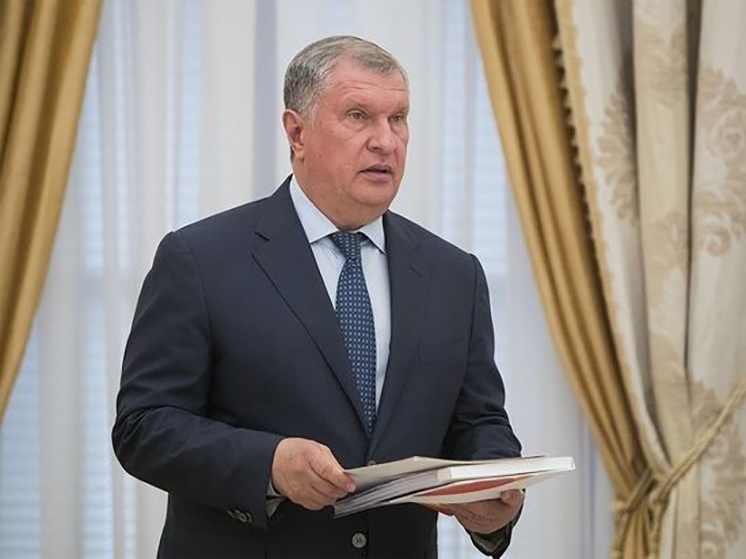The heads of the largest energy companies in the world and leading experts gathered at the Energy Panel as part of the XXVI SPIEF. The event, organized with the support of Rosneft Oil Company, included presentations by Chairman of the Board of Directors of CNPC Dai Houlian, independent expert Martin Vaivirovski, President of the State Oil Company of the Republic of Azerbaijan Rovshan Najaf, Chief Executive Officer of The National Corporation of Kenya Leparan Gideon Ole Morintat, Executive Director Indian Oil Corporation Limited Vinod Kumar, and Chairman of the ICEF Supervisory Board, former IEA Executive Director Noboa Tanaka. The session was moderated by Academician of the Russian Academy of Sciences and President of the Institute of World Economy and International Relations of the Russian Academy of Sciences Alexander Dynkin.
 < p>Dai Houliang, Chairman of the Board of Directors of CNPC, during his speech, stated the need for a meaningful energy transition. “We are not talking about the fact that in the future there will be no need for traditional types of energy, there will simply be a change in shares,” he said, adding that the world is in a stage of profound changes that have not been seen in the last hundred years. In this regard, it is necessary to deepen energy cooperation between Russia and China in the field of oil and gas, as well as new energy sources, Dai Houliang said.
< p>Dai Houliang, Chairman of the Board of Directors of CNPC, during his speech, stated the need for a meaningful energy transition. “We are not talking about the fact that in the future there will be no need for traditional types of energy, there will simply be a change in shares,” he said, adding that the world is in a stage of profound changes that have not been seen in the last hundred years. In this regard, it is necessary to deepen energy cooperation between Russia and China in the field of oil and gas, as well as new energy sources, Dai Houliang said.
The issue of the need for cooperation to ensure energy security was also raised in his speech by the Executive Director of Indian Oil Vinod Kumar. According to him, Russia is a time-tested partner for India, and cooperation between the countries is actively developing. “The share of imports of Russian crude oil, which was less than 2% last year, increased 10 times to 20%. I expect this figure to reach 30% in the current financial year,” he said.
Advisor to the company «Advantage Energy» Martin Vaivirovski, called the changes taking place today in the energy sector incredibly significant. Among the main signs of this troubled time, Vaivirovski singled out the lack of energy resources and a significant underinvestment in the industry.
“Investments are constantly decreasing, we are noticing this trend at the global level, the decline is about 5% annually. At the same time, the total size of CAPEX in the industry has decreased over the past ten years by almost 40%, excluding inflation. We also see a constant lack of funding, which leads to an increase in the cost of new projects,” he said.
According to the expert, the Russian oil industry is relatively successful compared to the rest of the world.
According to Leparan G. Ole Morintat, Africa is a very young and rapidly developing continent, and therefore its countries need access to energy.
“Russia and Kenya have great prospects for cooperation in the field of energy. “The competencies of Russian energy companies, primarily such as Rosneft in the field of exploration, production and construction of related infrastructure, can certainly help the National Oil Company of Kenya more effectively monetize and develop newly discovered fields in the country and effectively use our mandate to create an energy value chain,” said Ole Morintat.
“The report of Igor Ivanovich Sechin, which we heard, clearly shows that oil and gas will be the main sources of energy for many decades to come,” SOCAR head Rovshan Najaf said. “So we need to think about how we can find ways to reduce our fossil fuel use, not our emissions.”
“Oil and gas operations today account for nearly 15% of energy-related greenhouse gas emissions.” and the industry has the capacity and resources to reduce them quickly and cost-effectively,” said Nobuo Tanaka, former Executive Director of the International Energy Agency.


